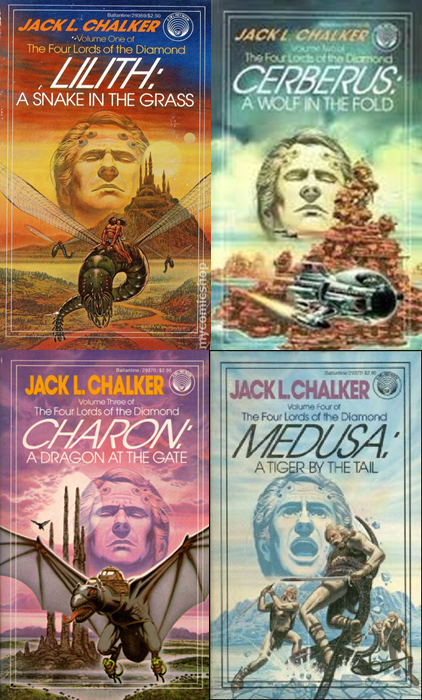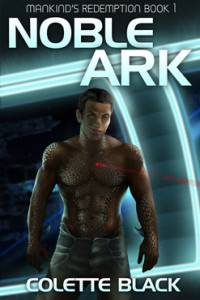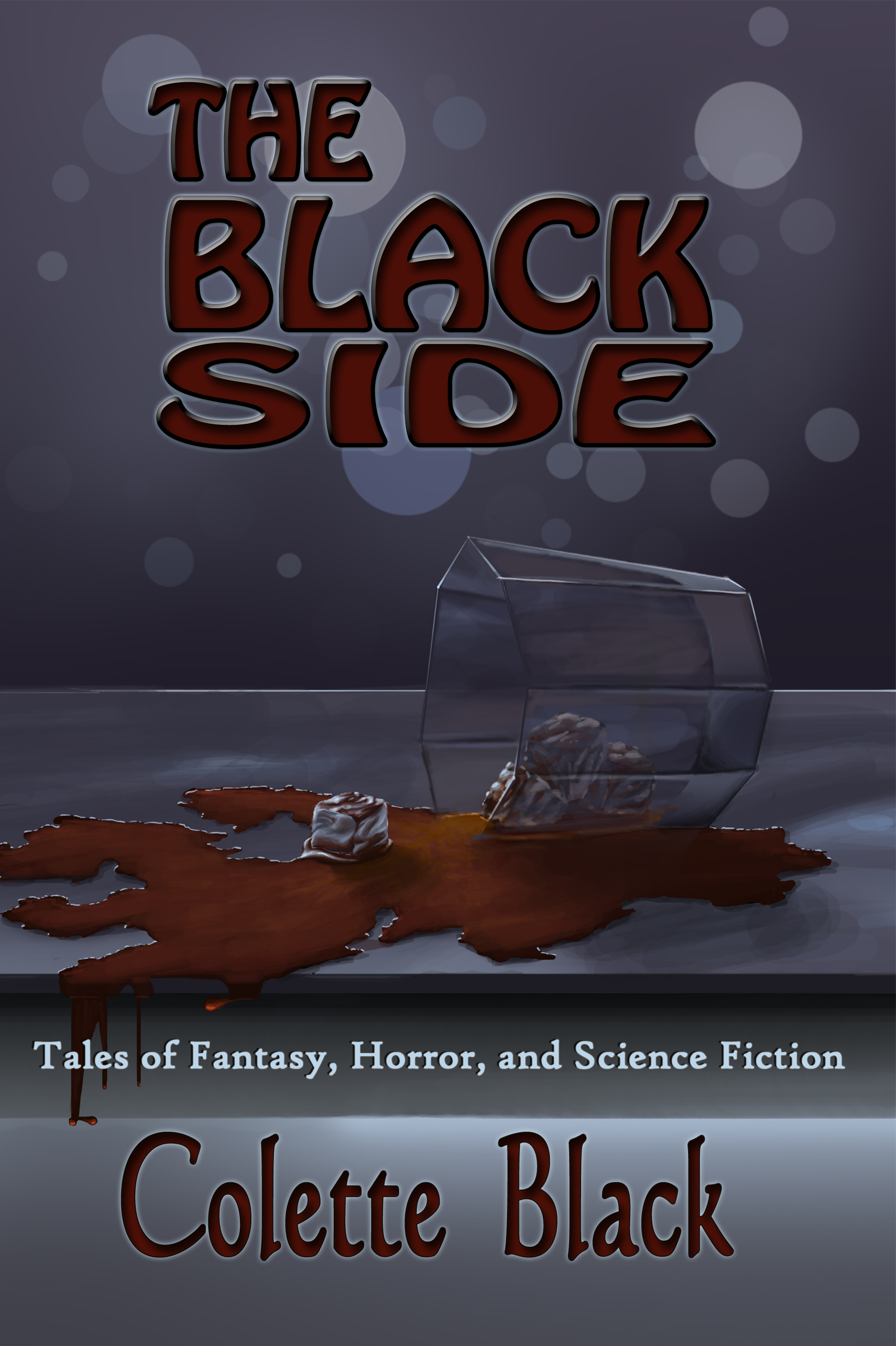Jack L. C halker was a pretty well-known author, so I’ve found it surprising that very few of the writers I’ve interacted with are familiar with his Four Lords of the Diamond series. In all honesty, when I picked up the first book I wasn’t much of a science fiction fan. I gravitated more to fantasy and didn’t usually have much to do with stories involving science and technology. What truly intrigued me in Chalker’s work was the psychology aspect. There aren’t many books I remember from over twenty years ago, but these have stuck with me. Here’s why:
halker was a pretty well-known author, so I’ve found it surprising that very few of the writers I’ve interacted with are familiar with his Four Lords of the Diamond series. In all honesty, when I picked up the first book I wasn’t much of a science fiction fan. I gravitated more to fantasy and didn’t usually have much to do with stories involving science and technology. What truly intrigued me in Chalker’s work was the psychology aspect. There aren’t many books I remember from over twenty years ago, but these have stuck with me. Here’s why:
The premise of the story centers around a government agent, an assassin, who has his mind replicated. Four convicts destined for four separate prison planets are mind-wiped to be replaced with the agent’s replications. Each of them has an assignment to assassinate some prominent public figure for the cause of the intergalactic government. As they carry out their assignments, their minds are connected to the original agent. He watches as their new genetic make-up, along with their various environments, changes them. In the process, it changes him. This study of genetics and environment’s influence on behavior, as portrayed through this one man, fascinated me.
After all these years, I can’t tell you what they did on each planet, only that each story caused me to look deep within myself. I analyzed the influences in my life and carefully considered my goals. I identified some of the hurdles in my way, both genetic and environmental, and I decided how to overcome them. I don’t think I did this consciously, but I thought so much about what I had read that at some unconscious level I formed a resolve.
Some books have a lasting effect in our lives. It doesn’t happen with everything we read, and sometimes we find our own meanings within a story, but oftentimes the storyline is lost in memory because the deeper meaning is so profound. That’s how it was for me with Four Lords of the Diamond. Maybe it was my age. Maybe it was my mindset while reading a particular volume. Maybe it was just random happenstance. Whatever the reason, whenever you ask me about science fiction to make you think, this will top my list. If this is a series you’ve read, I’d love to hear your impressions. Let me know if it affected you as much as it affected me.



